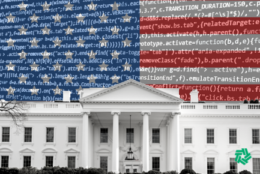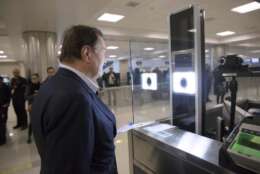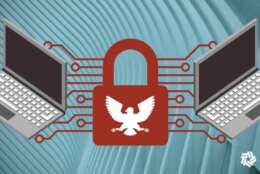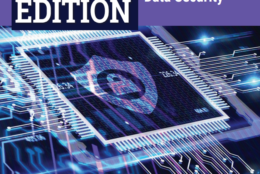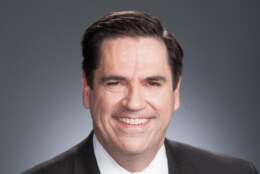Cybersecurity
-
Chris Hughes, co-founder of Aquia, joined host John Gilroy on this week's Federal Tech Talk to discuss cloud security and enterprise architecture for federal systems.
October 04, 2021 -
GSA, OPM, Education and DHS received funding for IT modernization projects with a focus on cybersecurity and improving citizen services.
September 30, 2021 -
Todd Skinner and Matt Van Mater of Booz Allen Hamilton explain the steps agencies can take today and in the future to secure their critical software.
September 30, 2021 -
Facial recognition technology is becoming more and more prevalent at borders and airports.
September 30, 2021 -
CISA, NIST and other federal entities are collaborating to create a standardized set of procedures for responding to cyber vulnerabilities and attacks.
September 29, 2021 -
Agencies making their cloud migration have to invest in their people if they want to make the journey a successful one.
September 28, 2021 -
Senior officials supported fines for companies that don't comply with proposed cyber reporting regulations.
September 23, 2021 -
This exclusive e-book highlights what a few federal agencies are doing to tackle data security challenges and improve their cyber data posture.
September 23, 2021 -
Robert Metzger, head of the Washington office of Rogers Joseph O’Donnell PC., joined host Roger Waldron on this week's Off the Shelf for a wide ranging discussion of the cyber security and supply chain opportunities and challenges facing government and industry.
September 21, 2021 -
This discussion with Rob Carey, the president of Cloudera Government Solutions, is part of Federal News Network’s Cloud Exchange.
September 17, 2021 -
This discussion with Andrew Fairbanks, the general manager for federal at IBM Services, is part of Federal News Network’s Cloud Exchange.
September 17, 2021 -
This discussion with Tony D'Angelo, the vice president of U.S. public sector at Lookout, is part of Federal News Network’s Cloud Exchange.
September 17, 2021 -
Cloud Exchange: Balancing the challenges of a multi-cloud environment for today’s federal IT leaders
This discussion with ViOn's Dave Kushner, senior vice president of sales, is part of Federal News Network's Cloud Exchange
September 17, 2021 -
There’s something wrong with cybersecurity in 2021, and it has to do with the way organizations are approaching protecting their networks. According to Helen Patton, Advisory Chief Information Security Officer for Duo Security, organizations need to be more skeptical when it comes to accessing networks, a concept called zero trust.
September 17, 2021 -
Executives from the Federal Emergency Management Agency, U.S. Marshals Service, U.S. Postal Service, Lumen and Ciena will discuss how to deliver services through cloud-based applications to citizens to take advantage of artificial intelligence, machine learning and advanced analytics, and emerging technologies like 5G.
September 16, 2021


